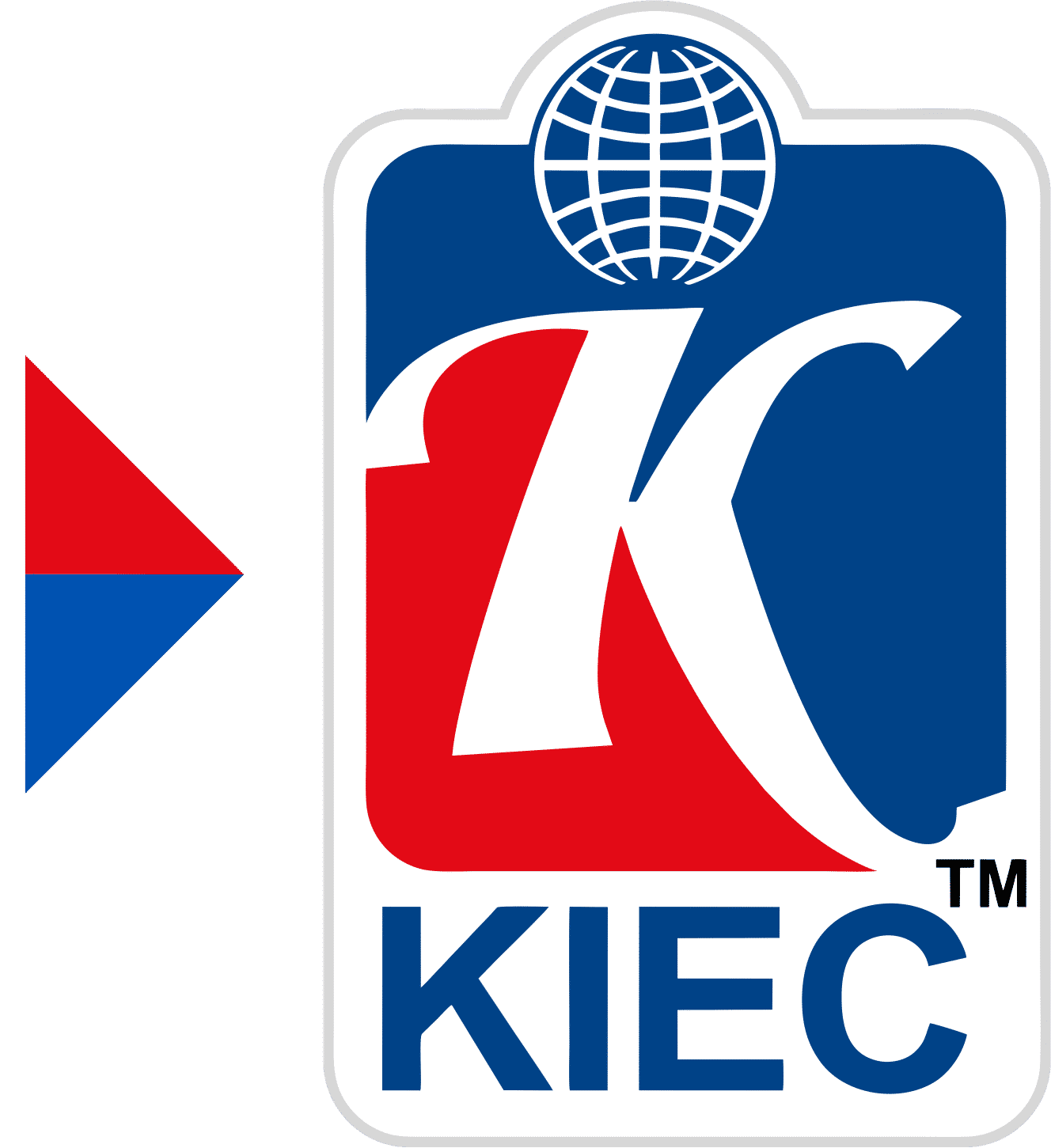
PROFESSIONAL ECONOMICS
A specialized course under Business
About the Course – Professional Economics
The Professional Economics major is designed for students seeking to become expert economists and pursue careers as expert economists in government and business, economic consultants, financial analysts, and policy advisers. Through this major, you’ll examine how curiously complicated monetary traits can be understood in phrases of a set of simple but fundamental principles, such as the concept of choice. This monetary strategy can be utilized to grasp subjects as numerous as the economics of climate change, the valuation of currencies and different assets, the fairness of global trade, and the charges and advantages of different financial policies.
You’ll learn about microeconomic and macroeconomic frameworks to analyze economic problems, and produce and communicate economic research for fellow economists, enterprise professionals, and policymakers. You’ll additionally boost the ability to analyze financial issues pertaining to domestic and world economies.
Economics is at the forefront of public policy issues such as monetary growth, the balance of the economy, regulating financial institutions, resource taxation, financing education, and retirement earnings planning.
Objectives of the course:
At the end of the course, the students shall be able to:
- Employ the framework of micro and macroeconomics to rationally analyze established monetary issues and arrive at analytically sound conclusions
- Interpret and undertake quantitative financial research
- Identify and critically reflect on landmark events in economic history and in the upward thrust of the international economy
- Undertake precise financial research that significantly evaluates theoretical and/or applied issues in the region of economics
- Communicate the effects of monetary research to fellow economists as well as to a range of potential stakeholders along with other business professionals, policymakers in government and the public at large
- Achieve the preceding goals irrespective of whether or not they are working as an individual analyst or as a member of a crew of professionals
- Demonstrate an awareness of, and sensitivity to, the personal, social, ethnic and/or international backgrounds of different team contributors as well as stakeholders
Career Prospect
An economics degree will enhance your employability in many areas, regardless of the enterprise you work in. There is strong demand for highly numerate graduates at some point of the world labor market, and the broadly transferable analytical and problem-solving competencies developed by economics students imply that careers in economics are extremely wide-ranging and diverse. With a background in economics, it seems anything is possible. Other common economics careers and roles consist of auditor, stockbroker, insurer, business manager, retail merchandizer, pricing analyst, statistician, financial consultant, and salesperson, Economist, Financial risk analyst, Data Analyst, Financial Planner, Accountant, Economic researcher, Financial consultant, Investment analyst, Actuary, Public sector roles.
Career Opportunity
Common career paths for economics graduates include:
- Actuarial analyst
- Chartered accountant
- Compliance officer
- Data analyst
- Economist
- External auditor
- Financial risk analyst
- Investment analyst
- Political risk analyst
- Risk manager
- Statistician
- Stockbroker
Jobs where your degree would be useful include:
- Business development manager
- Civil Service fast streamer
- Data scientist
- Diplomatic service officer
- Local government officer
- Management consultant
- Policy officer
- Quantity surveyor
Employment Opportunity
Historically, candidates with just a degree in economics could be employed in entry-level economist positions, especially in the federal government. However, as increase in public sector employment of economists has slowed, candidates increasingly more need an advanced diploma in economics to be competitive for entry-level positions. Salary ranges also fluctuate substantially based on your degree of education. According to the survey, the median starting salary for entry-level economists was once $66,250. However, those with an advanced degree earned considerably more: the median entry-level wage for those with a bachelor’s degree used to be $50,000 compared to $60,000 for those with a Master level degree in Economics. Note that as you attain experience, your income will additionally increase. According to the Bureau of Labor Statistics, the median annual income for economists was once $91,860.
COURSES UNDER BUSINESS & ECONOMICS
KIEC Group proudly represents the best education providers, assisting students with admission and visa processes, making personalized education pathway and worry-free experience.
Need Expert Advice to Discuss Your Study Options!
